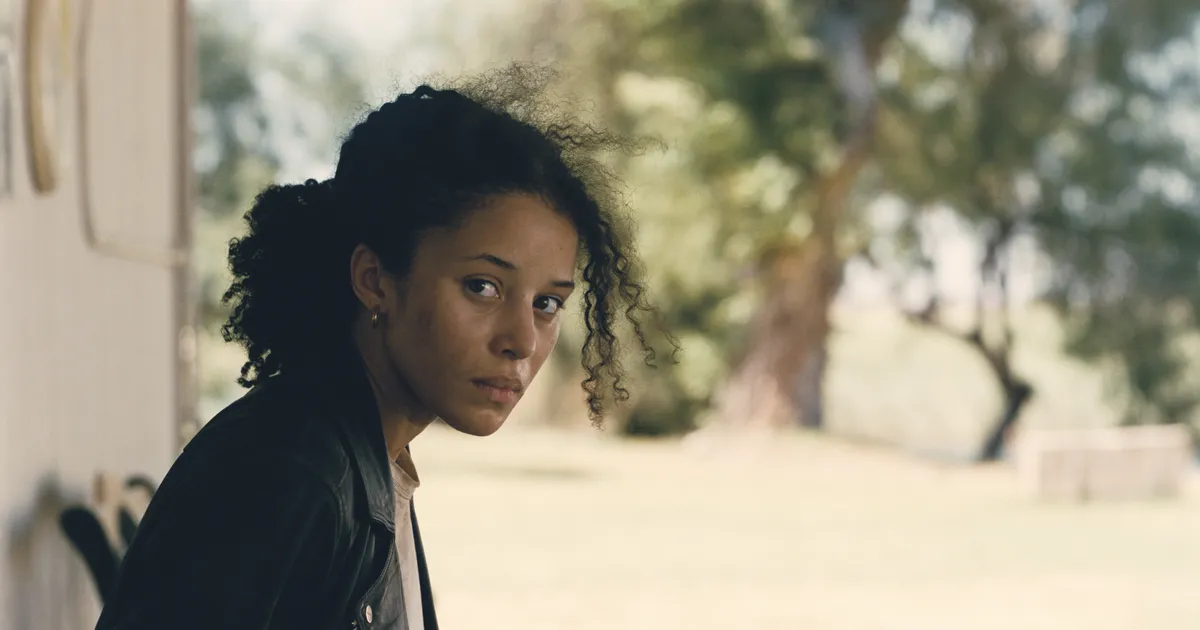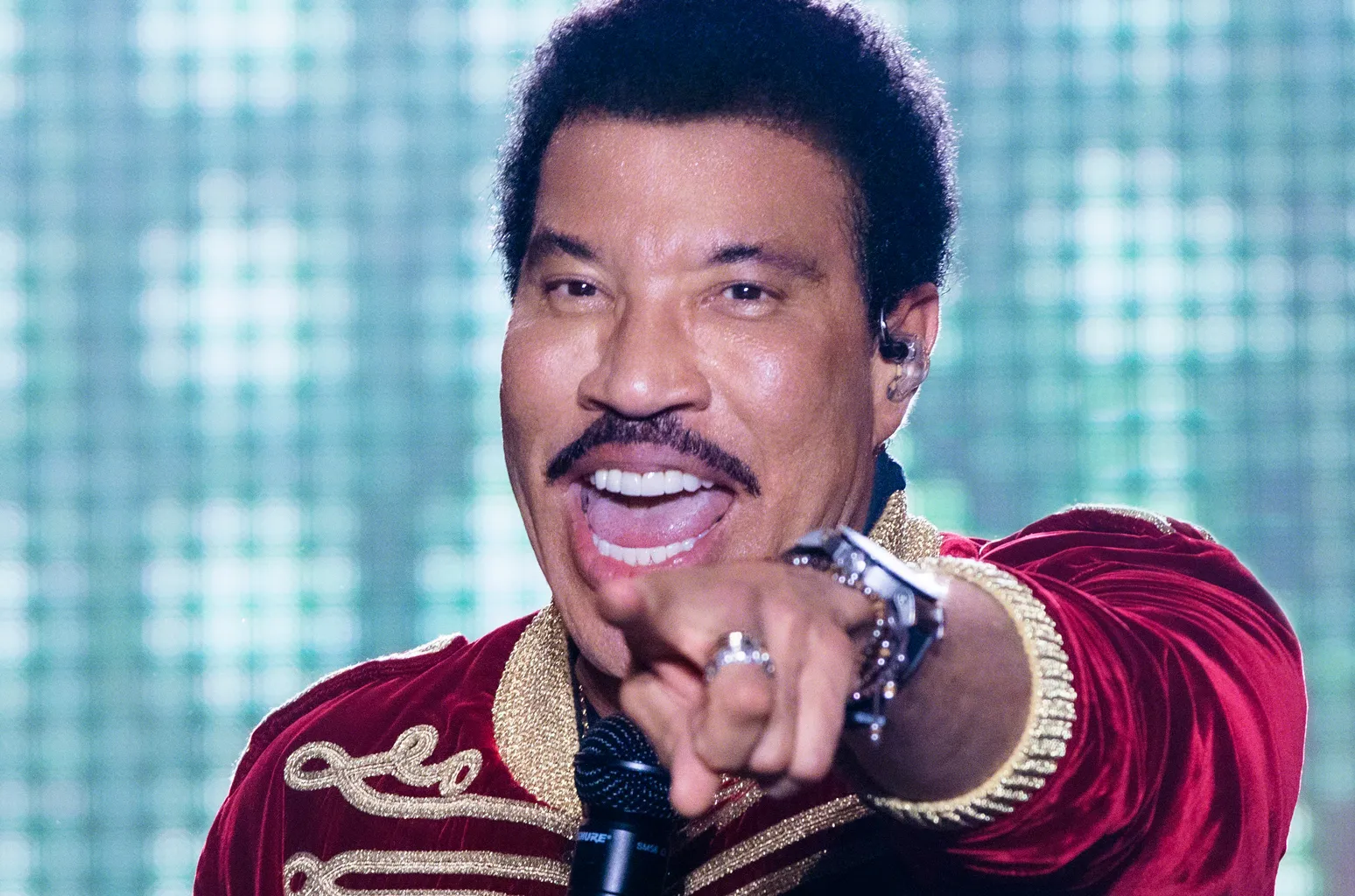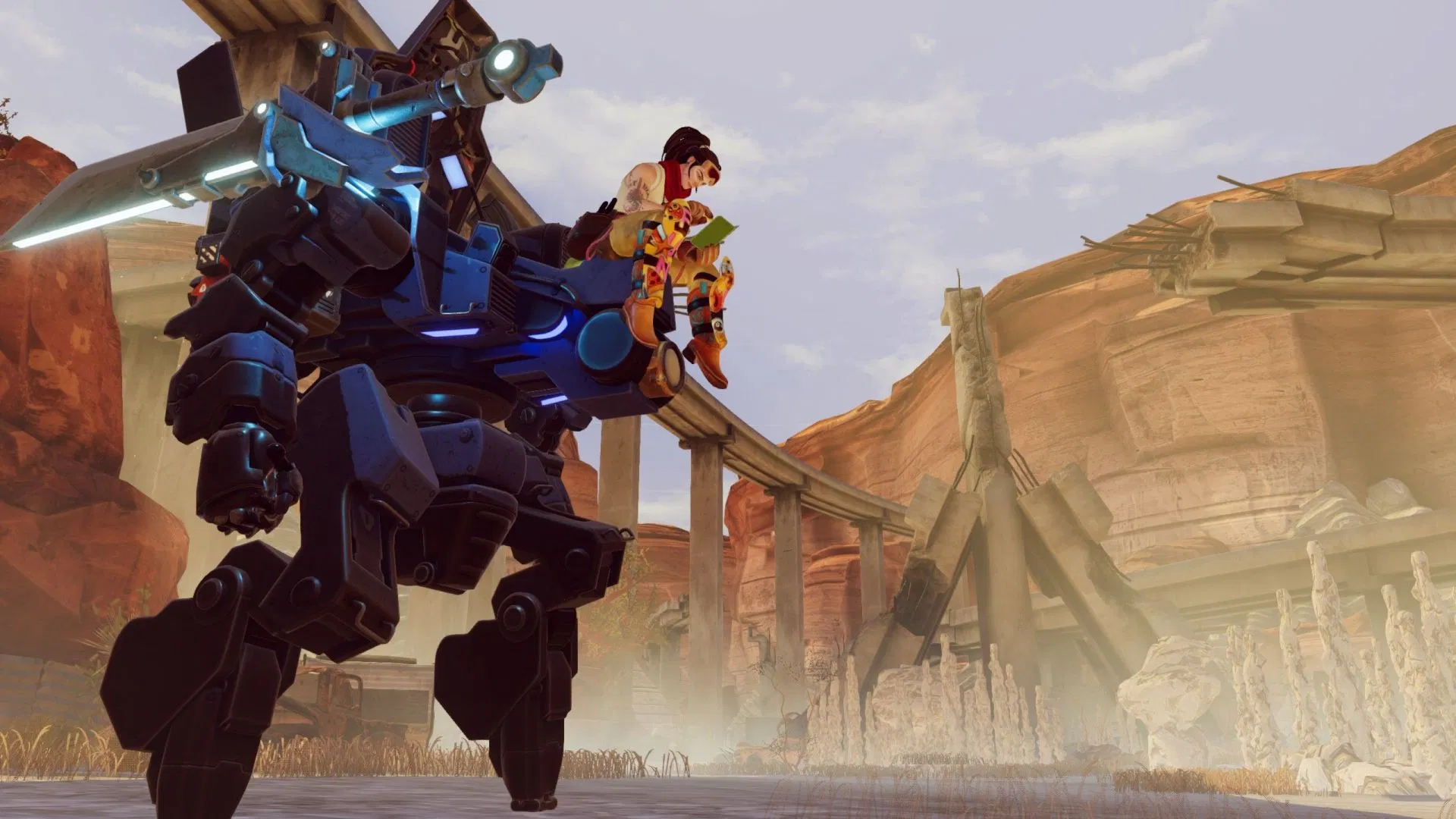
Spoilers follow for One Battle After Another, including the ending.
In One Battle After Another, state-sanctioned violence is everywhere. The United States’ southern border is a heavily surveilled nightmare, and the country’s agents can do anything they want — threaten citizens, raid factories, occupy schools. The fact that it manages to be hopeful at all is a miracle, and yet in the end, that’s exactly what One Battle After Another is: a portrait of how individuals can resist, make a difference, and protect one another at a time when the American government won’t do it for you. Paul Thomas Anderson’s film is simultaneously an unrelentingly grim portrayal of America’s overpoliced and militarized past, present, and future, and a sneakily optimistic vision of how to forge protective bonds in authoritarian times.
PTA is in full fathers-of-daughters mode for this one, from which he pulled elements of Thomas Pynchon’s 1990 novel, Vineland, primarily its interest in what happens to revolutionaries when a revolution fails. That book was written in the 1980s about the 1960s, and here PTA spans the early aughts to now, focusing on the relationships between French 75 members Pat (Leonardo DiCaprio) and Perfidia Beverly Hills (Teyana Taylor); their daughter, Charlene (Chase Infiniti); and military colonel Steven J. Lockjaw (Sean Penn). Lockjaw, who was secretly having sex with Perfidia, is obsessed with finding Pat and Charlene — now going by the names Bob and Willa — once Perfidia disappears and he’s offered membership into an anti-immigrant group named the Christmas Adventurers Club. Lockjaw’s belief that he’s worthy of white-supremacist glory kicks the film into cat-and-mouse mode, with French 75 member Deandra (Regina Hall) spiriting away Willa to keep her safe; Bob struggling to break through his always-inebriated haze to find her; and Lockjaw bringing down upon them all the force of the police, the military, and the Christmas Adventurers Club’s connections in the ultraelite business world.
Unlike those first two entities, the Christmas Adventurers Club is fictional, but PTA isn’t really deviating too far from reality with this presentation of a cloistered group of elites who secretly run the country as they see fit and are a phenomenal danger to it. Yes, it’s absurd that club members eat exclusively off Christmas-decorated dinnerware and say “Hail St. Nick!” to each other, but isn’t any race-based ideology also absurd? One Battle After Another is full of pointed little moments like that, details that are at first funny — Lockjaw’s too-tight shirts, a group of separatists’ badly done face tattoos — but ultimately convey contempt for people who wield their power exclusively to hurt others.
At the same time, the film has a baseline level of regard for those acting in protection of others, rather than in defense of authoritarian ideals. This comes through most clearly in the depiction of Baktan Cross, a sanctuary city that Lockjaw invades via Operation Boot Heel, and whose citizens band together and fight back. The language Lockjaw and his comrades use is grotesque: They describe sanctuary cities as populated by “wet and stinkies,” and they bear down upon restaurants, factories, and other businesses by spreading the lie that these areas are “heroin-distribution centers.” All of that hate is countered beautifully by PTA’s version of solidarity, led by Benicio del Toro’s martial arts coach Sergio St. Carlos, referred to by all who respect and love him as Sensei. A trusted friend of the French 75, Sensei is who Bob turns to when he realizes Willa is missing, and watching del Toro slide into calm, paternal, totally-in-control mode is thrilling. Dozens of people swirl around Sensei as he coolly directs them on how to respond to the approaching agents of the state, and how to usher the dozens of immigrants taking refuge in his apartment through a series of tunnels. Sensei doesn’t even raise his voice when he assures Bob that he knows what to do because “we’ve been laid siege for hundreds of years.” (Bob and Sensei exchanging “viva la revolución!” yells and raising their fists in the air is corny but wonderfully rousing, a perfect real-life Fantastic Mr. Fox moment.) Sensei then places Bob in the care of a group of skateboarding teenagers who glide and leap across a series of rooftops, Teenage Mutant Ninja Turtles style, to help Bob get away, and even though Bob missing a jump and falling 40 feet is a laugh-out-loud moment, what you’re left with is the heartening image of a group of children guiding a revolutionary from the past into a safer future.
It becomes clear throughout One Battle After Another that Sensei and the Baktan Cross community aren’t outliers. There are tons of people in various rebellious networks ready to help; as organized as the government may be, so are those who will stand up to it. Outlaw DJ Howard Sommerville (Paul Grimstad) leaves behind instructions for his French 75 allies about what they should broadcast when he’s arrested and, it’s implied, murdered by Lockjaw’s men; a pair of Latino children fulfill his directions and warn other sanctuary cities about Lockjaw’s raids. A nurse at the hospital reveals herself as one of Sensei’s allies by helping Bob escape. A group of nuns take in Willa because providing sanctuary to another person is one of the highest expressions of faith. Even a bounty hunter who once aligned himself with Lockjaw ends up changing his mind when he realizes that he’s delivering Willa to white supremacists who will kill her without a second thought.
One Battle After Another ends with a trio of violent acts, two of them committed by men at the top of our American hierarchy, and the third by the hunted Willa. Once the Christmas Adventurers Club learns about Lockjaw’s sexual relationship with Perfidia and that Willa might be their daughter, member Tim (John Hoogenakker) agrees to kill Lockjaw and Willa to avoid sullying their reputation. Tim shoots Lockjaw and then tries to kill Willa, who ends up saving herself by killing Tim. And then there’s the reveal that Lockjaw somehow survived Tim’s bullet to the face, and he returns to the Christmas Adventurers Club thinking he’ll be embraced — only to be poisoned by them. He dies in a shitty corner office in a shitty office building, killed by his own.
There’s one reading of this ending that suggests Lockjaw’s death doesn’t change anything: America’s imperialist apparatus will churn along, detention centers at the borders will keep caging people, the military will still crack down on sanctuary cities, the one-percenters in the Christmas Adventurers Club will keep lining their pockets with other people’s anguish. All of that is true; most of that also exists in our current reality. But Lockjaw’s defeat doesn’t really matter most to what One Battle After Another is attempting to accomplish, which is to honor the idea that every generation gets to choose what its method of resistance will be. Those children who pick up Howard’s radio signal, Sensei’s skateboarding comrades, and Willa all get to make that choice.
Consider the film’s final scene: After refusing to accept Lockjaw’s status as her biological father, telling Bob he’s the only dad she needs, and reading a letter from Perfidia that explains some of her motivations for joining and then betraying the French 75, Willa is a fully realized version of herself. As she helps Bob set up their new cell phones so they’ll never again lose contact, their radio, tuned to that French 75–affiliated station, crackles to life. News comes through about a protest in Oakland, and Willa doesn’t hesitate, walking out the door accompanied by the sounds of Tom Petty’s “American Girl.” Like Petty warbled so wonderfully, she’s an American girl raised on promises, with a great big world around her that she can run to, and try to do the right thing. Early in the film, Perfidia’s mother told Bob that her daughter came from a long line of Black revolutionaries, and here is Willa picking up their mantle, joining in fellowship with other people trying to make life more equitable for all those who have been abused and thrown away by the system. If there’s anything One Battle After Another wants us to take away from its reflection of America’s ongoing violence, it’s this: that whatever this country promises us, good or bad, we can make a promise too. A promise to each other, for one battle after another.



